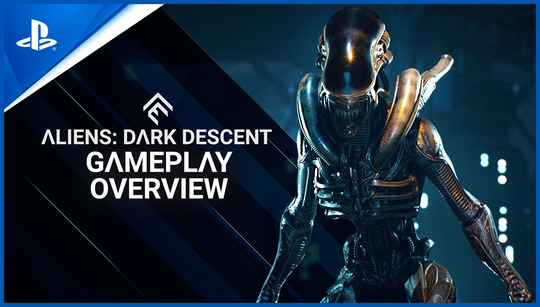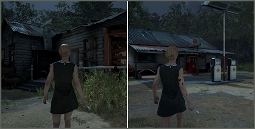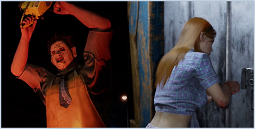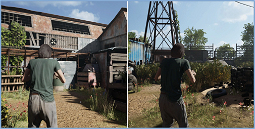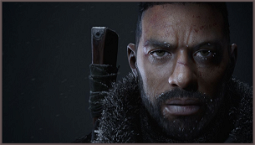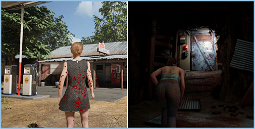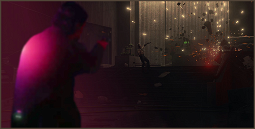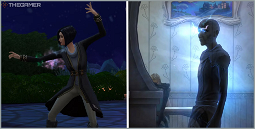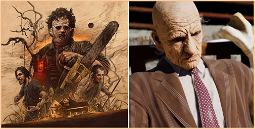Aliens: Dark Descent
The very first thing players do in Aliens: Dark Descent is investigate panicked screams echoing through an old space station while listening to the clang of a retro terminal typing. The atmosphere and presentation instantly draw them in – something is amiss. Then they find facehuggers, hatched eggs, and a lone xenomorph. From there, players are taught how to use shadows and cover to their advantage, which nonetheless finds them avoiding the alien’s gaze and blowing its head off from behind sight lines. It’s tense, it’s atmospheric, and it’s clearly conceptually sound.
Gameplay Shift
After a solid introductory hour that teaches players how to play the game, Dark Descent shifts from a strategy game inspired by XCOM 2 to a shambolic, underdeveloped mix of stealth and Horror mechanics that can make completing later missions an embarrassing slog.
The horror-driven mechanics feel half-baked and out of place – detection lines that can easily be cheesed, comical crouching animations, and an ultimately useless survival curve that feels like a difficulty modifier. If the AI can see players no matter what they do, and if the darkness setting feels like a mere aesthetic, what is the point in trying to avoid killing everything? Moreover, the extreme nature of progression, whereby the aforementioned layers of stealth (and the terminology around it) simply go away when missions get harder, surely suggests that the game doesn’t consider itself a true horror game.
Highlights and Performance Issues
It’s clear as players progress that Dark Descent shines when they are completing objectives and engaging in gunfights – given a range of individual marine abilities, they have full freedom to strategize and utilize their tools to turn encounters into puzzles. The environments are aesthetically pleasing, featuring dusty, dripping, underutilized settlements on desolate planets. The top-down camera unfortunately diminishes the horror, but players will still enjoy the aesthetic regardless. Even cheeky animations and excellent sound design contribute to the overall experience.
Unfortunately, Dark Descent suffers from performance issues that can make missions harder and cheapen the experience. It frequently crashes and stutters even on low graphics settings. With these issues, it feels like the game punishes players for not being able to play it. That said, the hub is a bit of an XCOM homage – players can send troops out on missions and have an underutilized Psychiatric Care Unit in which they can address the trauma experienced by their troops following their grueling suicide missions. It’s a thin mechanic that rings hollow given the game’s treatment of mental health, which feels superficial and exploitative from even a thematic perspective. However, it does add a little spice to the overarching structure.
Disappointing Entry
Ultimately, Dark Descent lacks the finesse and excitement of other recent strategy games like Wildlands or R ratification 2, which have breathed new life into the genre. The thin mechanics contribute to its overall disappointment, and the music and voice lines also emphasize action rather than fear. Additionally, the xenomorphs are simultaneously easier to kill than to avoid by any means. Dark Descent may not hurt the Alien franchise any more than Colonial Marines did, but it adds another disappointing entry in a series that is rapidly thinning out.
Played on PC using a Steam code provided by the publisher.
